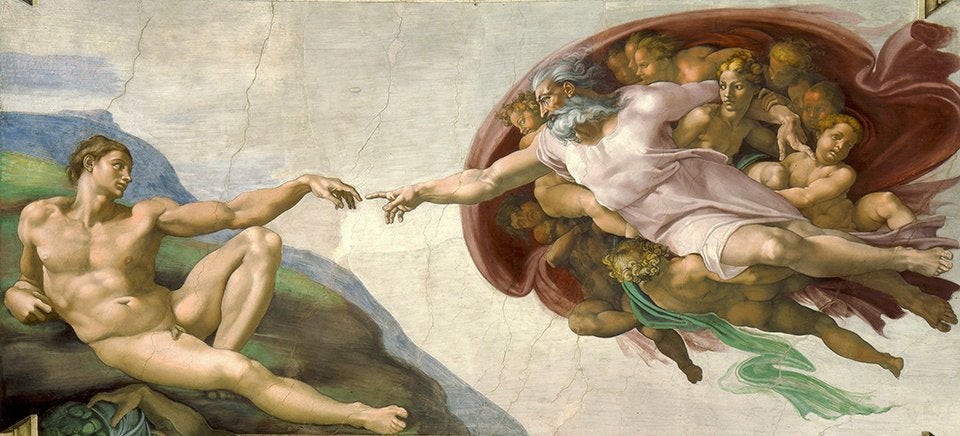Maybe you saw the headlines this past spring. For the first time since George Gallup started surveying religious affiliation, less than half of Americans are members of a church, or for that matter, of any religion that has its origins in the Middle East.
According to the survey, only 47% of Americans are members of a church, synagogue, or mosque. It’s a big shock for a country where at one time a house of worship was the center of the community (and does remain so in many places). Even the Southern Baptist Convention, the 800-pound religious gorilla of our region, has suffered from declines.
There’s no use at this point in talking about the causes. Although the younger generations have shown the greatest decline, all ages show less membership. And, as we are not an island, let us look at other “Christian” countries; the declines in much of the Western world have been even greater. What does this mean? It means that we can expect this trend to continue. Now this doesn’t mean that the majority of people have suddenly become atheist. Instead, many prefer to call themselves “spiritual rather than religious.” You might be tempted to conclude that hence the shift is not all that important. You might also point out that this country was not founded on religion per sé.
More from Hubert van Tuyll: ONLINE EDUCATION: BLESSING … OR CURSE?
This is true. Our first colony (Jamestown, 1607) was established to make money. Of course, a whole series of groups further north, most notably the Puritans, definitely arrived with a religious mission, in their case to be an example to a fallen world. And the Puritans did become immensely influential. But religion as such did not define our nation.
Yes, the American revolutionaries were by and large Christians, but the British they fought were also Christian. Christianity did enormously influence the abolitionists before and during the Civil War, but there were plenty of preachers on the pro-slavery side as well – and indeed many denominations split over the slavery question. The Founding Fathers were at pains to state that this was not a “Christian nation.” But before you conclude that this means that this trend is harmless, read on.
There are several problems with the abandonment of religious organizations for an individualized “spirituality.” First of all, being part of a congregation means worshiping, discussing, and sometimes arguing with a group of other people. Over time, this enhances your understanding of both your faith and the role of your congregation in the community. If we all sit at home surrounded by our own spirituality, we miss out on all that. In addition, congregations play an enormous role in improving the welfare of the communities around them, and that would also be lost.
[adrotate banner=”13″]
Second, with the decline of organized religion, society will start to experience greater instability. With the clergy no longer in a position to encourage good moral and civic behavior, and also unable to teach doctrine to the faithful, people will become less and less predictable in their behavior. Rules of belief, and hence behavior, could change overnight. We are already a politically and ideologically unstable society, partly because of the decline of the political parties. Religious ferment will not help in this.
There is also an intellectual angle to this. As educational standards continue to decline, we should reflect on the fact that education and learning in the Western world began for the most part with the church schools and universities, partly because understanding religious doctrine and being able to teach it is no small thing.
More from Hubert van Tuyll: ‘Murica … That Revolution was Different from What We Think
True, the church has not always distinguished itself in this respect, whether by resisting scientific knowledge or pretending that there a few basic ideas are you have to know to understand Christianity. (Kudos to our Jewish brothers and sisters for their commitment to being learned.) But overall, if one is a member of a serious congregation, there is a lot to learn and understand. On the other hand, if you rely on this nebulous “spirituality,” it is completely up to the individual whether any depth is achieved at all.
Finally, we have to consider the effects of the decline of religion on the Western world, including ourselves. The basic principles which undergird our civilization are the product of our religions. Has the West adhered to those principles? To quote William Shakespeare, many were “more honored in the breach than in the observance.” But sooner or later, as religion declines, it will inevitably take such ideas as the worth and dignity of the individual, with it. As much as we are already a Mammon-worshiping society, that trend might actually increase. This, along with the abovementioned intellectual decline, might help explain the increasing contempt for the liberal arts, as it and religion are supposed to stress values apart from wealth.
Or to put it simply: The decline of religion means much more than the fate of a few churches.
Hubert van Tuyll is an occasional contributor of news analysis for The Augusta Press. Reach him at hvantuyl@augusta.edu.
[adrotate banner=”51″]








